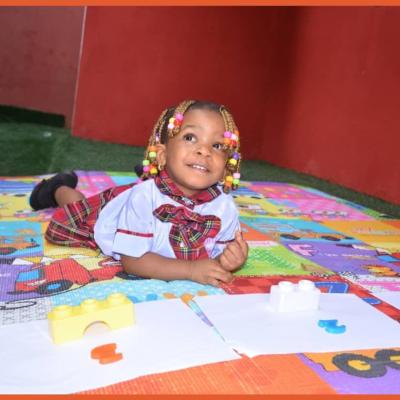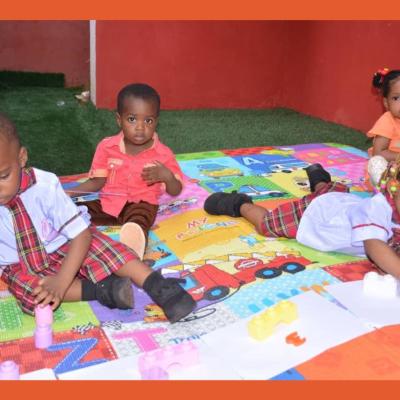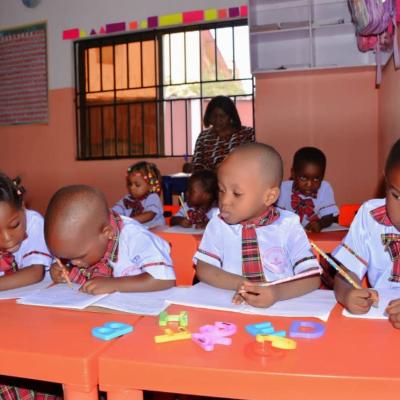Montessori education, a method developed by Dr. Maria Montessori in the early 20th century,
Montessori education, a method developed by Dr. Maria Montessori in the early 20th century, stands as a beacon of innovative pedagogy aimed at fostering independent, confident, and lifelong learners. Rooted in the belief that children are naturally curious and creative, Montessori education provides an environment where students are active participants in their learning journey. This short article delves into the core principles and benefits of Montessori education, shedding light on why it continues to be a popular choice among parents and educators worldwide.
Core Principles of Montessori Education
Child-Centered Learning: Montessori education is distinguished by its focus on the needs, interests, and development of each child. Classrooms are designed to cater to different learning styles and paces, allowing children the freedom to explore subjects that intrigue them, at their rhythm.
Prepared Environment: The Montessori classroom is meticulously organized and equipped with educational materials that promote hands-on learning. These materials are designed to be self-correcting, encouraging students to engage in problem-solving and critical thinking without immediate intervention from teachers.
Mixed Age Groups: Montessori classrooms typically consist of mixed age groups, promoting a family-like setting where younger students learn from older peers, and older students reinforce their knowledge by teaching concepts they have mastered. This arrangement fosters social skills, empathy, and a sense of community.
Guided Independence: Teachers in Montessori settings act as guides rather than traditional instructors. They observe students to understand their individual learning paths and provide support and resources to facilitate their exploration and discovery. This approach empowers students to become self-directed learners.
Holistic Development: Montessori education emphasizes the holistic development of the child. It integrates physical, social, emotional, and cognitive growth, with an emphasis on practical life skills, peace education, and the development of moral values.
Benefits of Montessori Education
Fosters Independence: By allowing children to choose their activities and work at their own pace, Montessori education encourages independence, responsibility, and self-discipline from an early age.
Encourages Love for Learning: The emphasis on exploration and discovery in a stress-free environment helps instill a lifelong love for learning. Students are more likely to retain information and pursue knowledge out of genuine interest.
Develops Critical Thinking and Problem-Solving Skills: The use of hands-on learning materials and the encouragement of self-correction lead to the development of critical thinking and problem-solving skills.
Supports Social and Emotional Development: The mixed-age classroom and community-like setting promote social skills, empathy, and respect for others. Montessori education places a strong emphasis on developing emotional intelligence and conflict resolution skills.
Prepares for Real-Life Challenges: Montessori education’s focus on practical life skills, such as cooking, cleaning, and gardening, along with its holistic approach, prepares students to face real-life challenges with confidence and competence.
Conclusion
Montessori education offers a unique and effective approach to learning that respects the individuality of each child, fosters independence, and cultivates a lifelong love for learning. By emphasizing hands-on learning, mixed-age interactions, and holistic development, Montessori schools prepare students not just academically, but for life itself. As we continue to seek educational models that meet the diverse needs of today’s children, Montessori education remains a compelling and proven choice for nurturing capable, confident, and curious learners.





